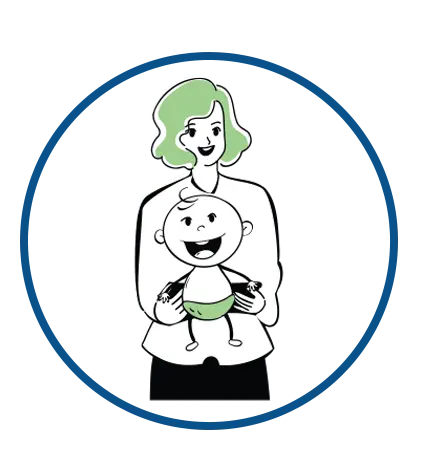What is Perinatal and Postpartum Mental Health:
Perinatal mental health refers to the mental health during a woman’s pregnancy and the postpartum period. During pregnancy and after the birth of a child, mild changes to mood and anxiety can be experienced, with 15-20% of women experiencing significant symptoms. A combination of hormonal changes, life changes (i.e. sleep deprivation), relationship changes, societal pressures, and responsibility changes play a role in the impact on women during and after pregnancy. Women of every age, culture, race, and income level are at risk to develop perinatal mood and anxiety disorders. Symptoms can appear during pregnancy and/or in the first 12 months after childbirth. With informed care and support, the worsening of symptoms is not only treatable but mental health maintenance can be restored. There are several subtypes of perinatal mental health disorders including: Prenatal and postpartum depression; prenatal and postpartum anxiety; and prenatal and postpartum obsessive-compulsive disorder.



